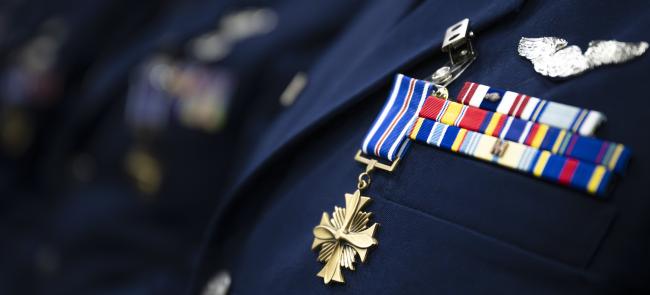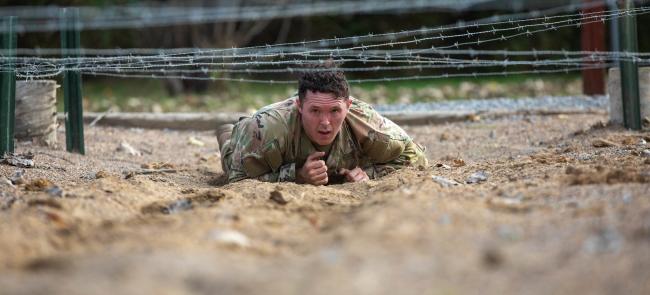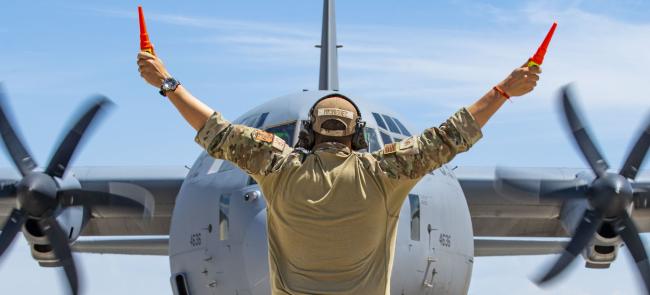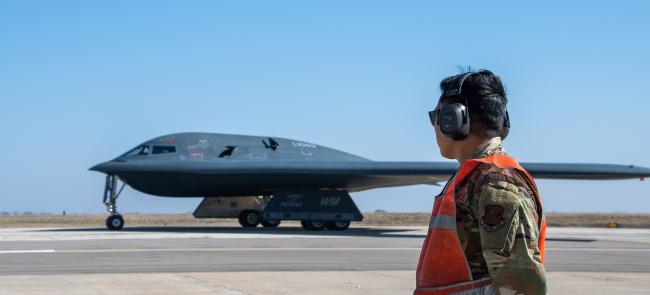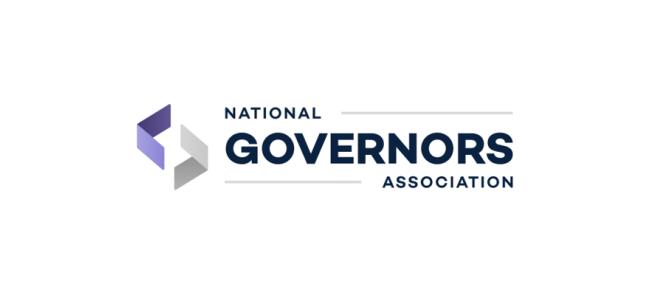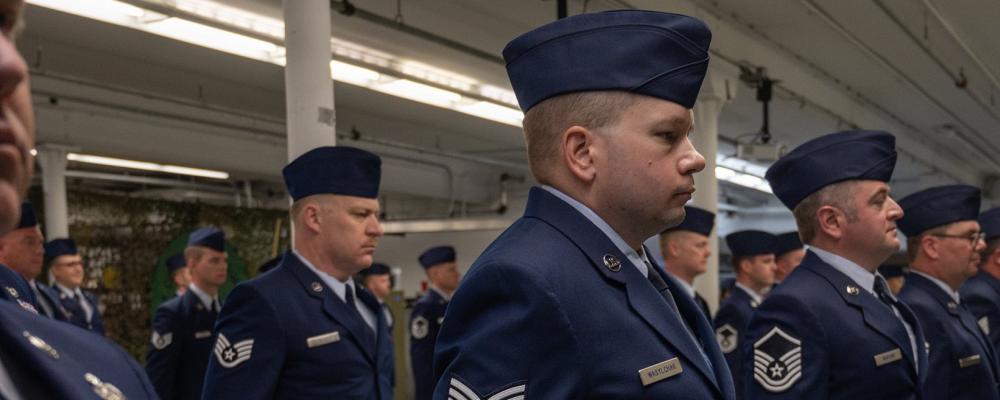
A bipartisan group of House defense leaders wants President Joe Biden to improve the quality of life for military personnel and their families.
In a Feb. 16 letter, key leaders from the House Armed Services Committee urged Biden to prioritize funding for military quality of life improvements in his next federal budget request.
The group included Reps. Mike Rogers, R-Ala., the HASC chairman; Adam Smith, D-Wash., the committee’s ranking member; Don Bacon, R-Neb., the chairman of the HASC’s Quality of Life panel; and Chrissy Houlahan, D-Pa., the panel’s ranking member.
"Our service members represent the best our nation has to offer and our central to our national security," they wrote.
"Yet the committee’s quality of life inquiry thus far has revealed an alarming erosion of military quality of life that, if not addressed quickly, will soon place the All-Volunteer Force at risk," the group continued.
Defense Secretary Lloyd J. Austin III was cc’d in the group’s letter last week.
Biden is expected to release his fiscal 2025 budget request March 11.
In their recent letter, the four House members cited five areas of military quality of life needing attention:
- Aging and poorly maintained barracks, dormitories and single-family housing ripe for habitability challenges like mold;
- Military compensation, especially for junior enlisted personnel, that isn’t growing congruently with civilian and officer pay, creating economic and food insecurity;
- Limited access to medical care, including behavioral health services for family members;
- A nationwide shortage of childcare workers, particularly in expensive and remote areas;
- And obstacles to finding and keeping jobs for military spouses, including frequent moves, isolated locations and licensure issues.
The letter’s signatories vowed they would address these issues in the fiscal 2025 National Defense Authorization Act, Congress' annual defense policy bill.
But the group argued Biden’s support would help raise the quality of life for military personnel nationwide.
The HASC’s Quality of Life panel formed last June, pledging to give the chair and ranking member of the committee’s Military Personnel Subcommittee a written report on issues impacting the nation’s service members and their families, including the panel’s recommended proposals for the fiscal 2025 NDAA.
The panel's findings pertain to Guardsmen and reservists when they are activated on federal orders, according to a senior HASC aide.
The Defense Department also released its Resilient and Healthy Defense Communities Strategy on Feb. 15 to "improve the built and natural environment on defense installations." It aims to:
- Adopt human-centered requirements for DoD environments that promote purpose, productivity and camaraderie;
- Ensure the scale and scope of DoD infrastructure aligns with the needs of its mission and people;
- And adopt a sustainment management strategy to help target investments that have the greatest impact on the condition of DoD facilities.
Concerns about service members’ quality of life come amid one of the military’s toughest recruiting environments in decades.
Per recent DoD statistics, the Army Guard had achieved 96.54% of its recruiting goal as of December, while the Air Guard had achieved 79.11% of its goal during the same period.
— By Mark Hensch

